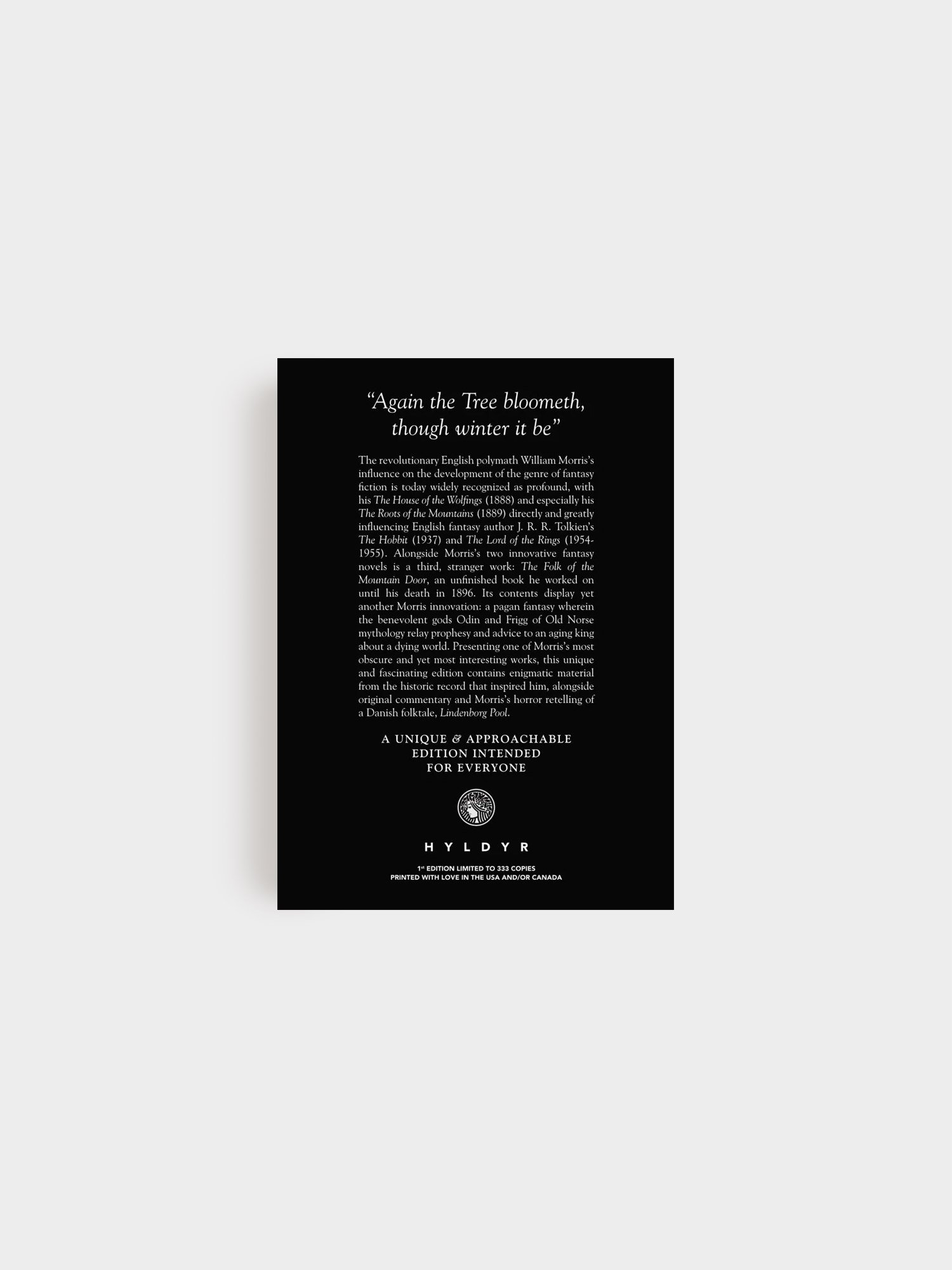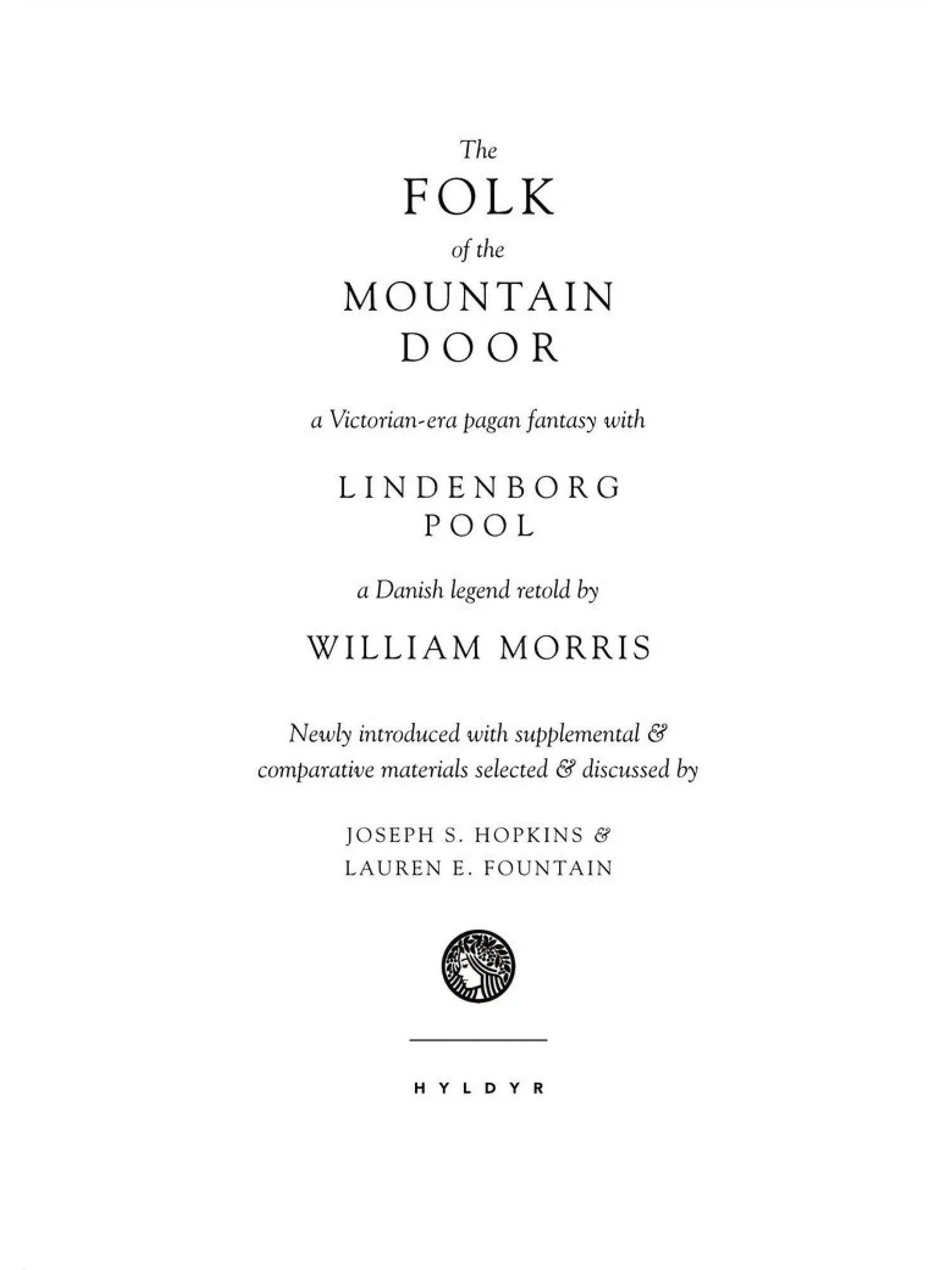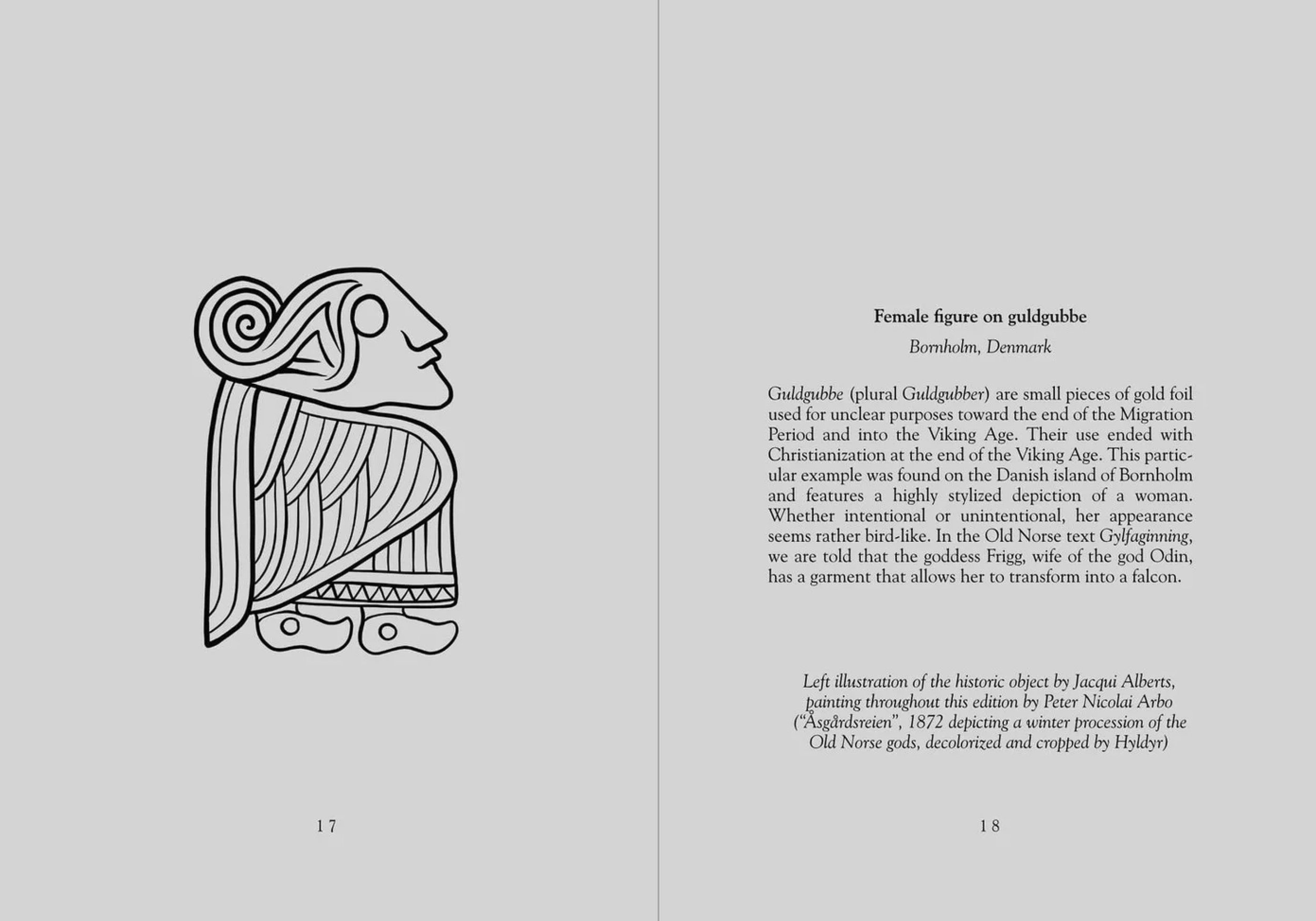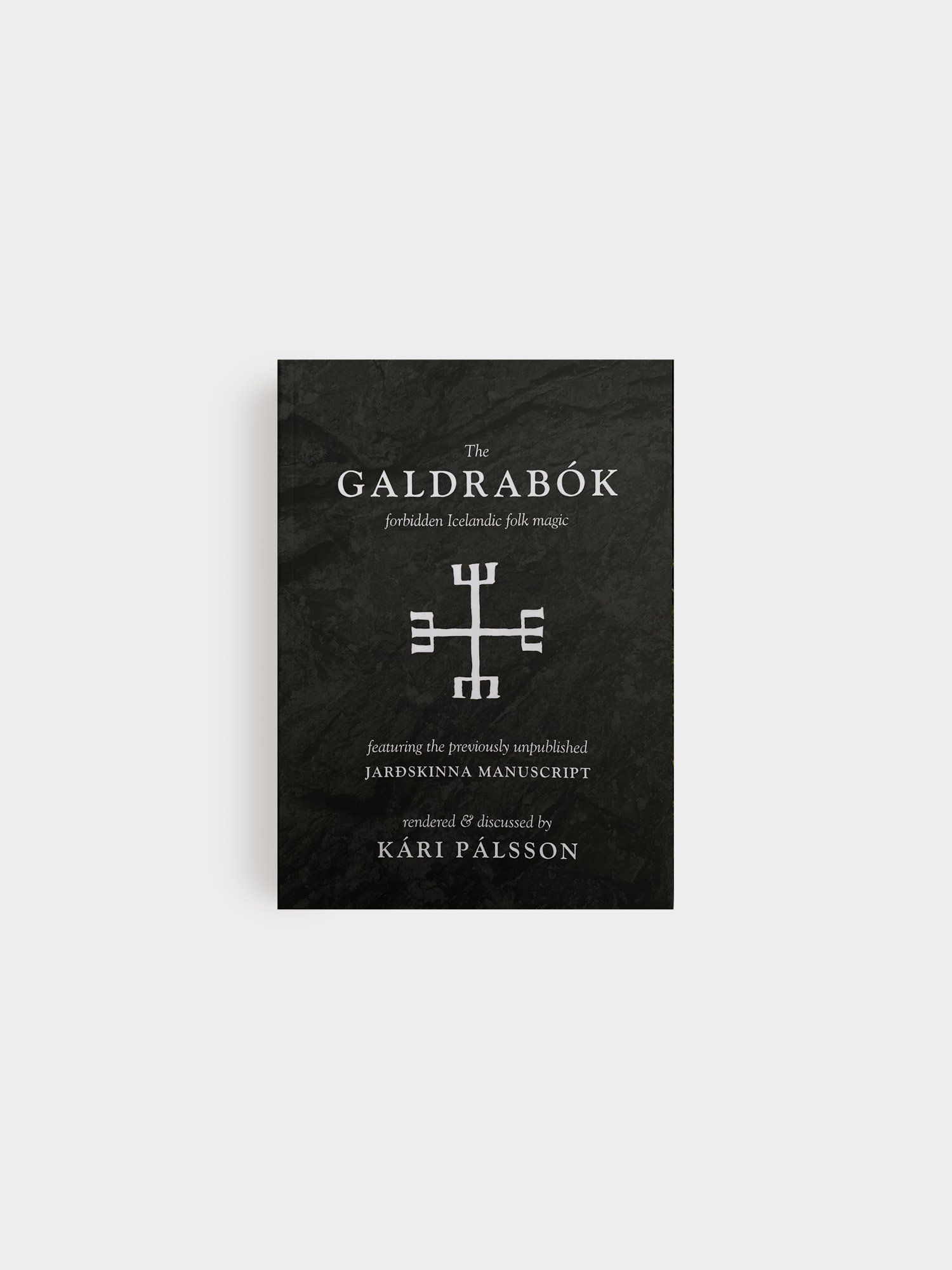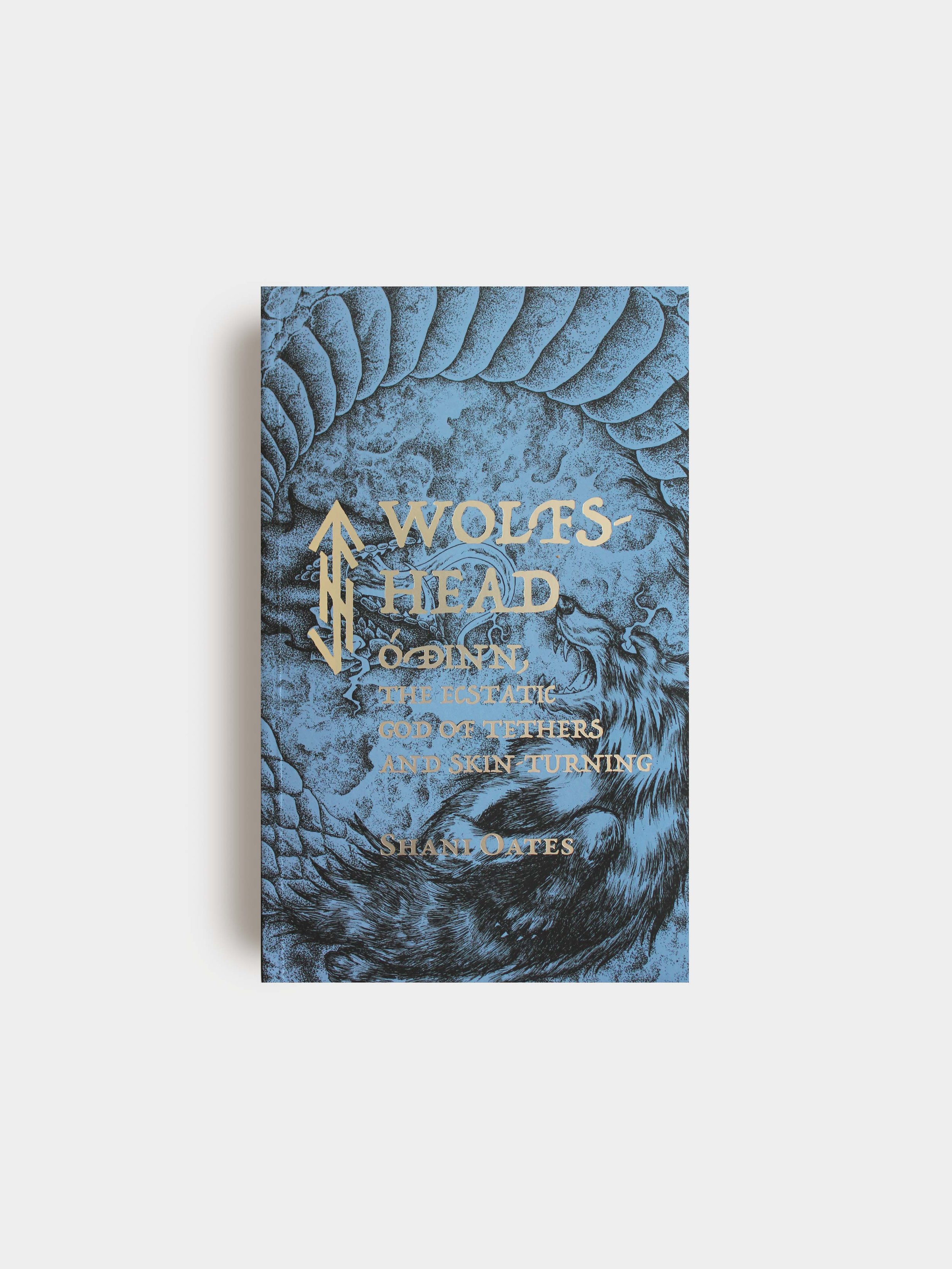-
Hyldyr
140 pages. 5x7. Perfect binding. Printed in the USA and/or Canada.First edition limited to 333 hand-numbered copies
From the publisher:
"Hyldyr is an independent and experimental publishing house based in Olympia, Washington state, USA. We combine the efforts of academics and artists to produce unique, beautiful, and scholarship-grounded publications.
There’s nothing else like us—by design. Founded in late 2021 with our first publications arriving the summer of 2023, we designed Hyldyr to produce high-quality and extremely unique editions built to withstand scholastic scrutiny, to function as art objects, and to provide our readers with keys to hidden worlds.
We are heavily inspired by the works of English polymath William Morris, do-it-yourself movements, and our evergreen mountainous surroundings. We place a particular emphasis on historical linguistics and folklore studies and all of our publications in some way or another fall within the triangle of art, ecology, and folklore. We believe the world is a vast place full of wonders.
While we design our publications to be as approachable as possible, Hyldyr’s roots are academic: Hyldyr developed out of the web-based resource project Mimisbrunnr.info, itself an evolution of a student-led reading circle originally sponsored by the Department of Germanic and Slavic Studies at the University of Georgia for several years in the 2010s.
Quality and humanity come first at Hyldyr: We never use print-on-demand services, we explicitly forbid the use of generative AI in our publications, we sell our books only to independent bookstores and educational institutions (like museums), and we always aim to go a step beyond traditional publishing houses in everything we do."



